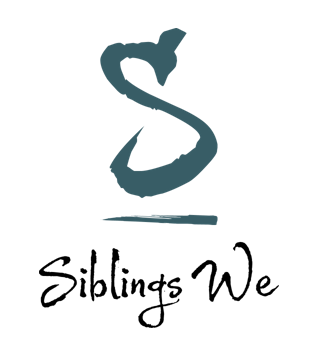The Kid Should See This
For three centuries, farmers living in the remote mountains of northern Turkey have communicated great distances by whistling. It’s a language called kuş dili that is still used to this day, though fewer people are learning it in the age of the cell phone. It’s also known as bird language, for obvious reasons.
Muazzez Köçek lives in Kuşköy, and she is the best whistler in her village. Muazzez shows us how she uses varied pitch frequencies and melodies to translate Turkish vocabulary into whistles with meaning.
This Great Big Story shares examples of Muazzez Köçek’s warbling sentences in kuş dili. It has been used effectively across the mountains and valleys of Kuşköy (which means ‘bird vilage’) for generations, but as technology provides long-distance communication, fewer people are in need of it. Köçek is proud to carry on the tradition. From The Atlantic:
…kuş dili arose in a region where the rugged ground and sparse population made travel difficult even over short distances. A whistle can reverberate for more than a kilometer, according to [hazelnut farmer Ibrahim] Kodalak. “If you can’t make your voice heard over a long distance, you could also make a chain with different people relaying the message…”
Typical subjects include invitations to tea or to help with work, notifying neighbors about the arrival of a truck to pick up the harvest, or announcements of funerals, births and weddings.”

Kuş dili is one of a handful of whistled languages that have developed around the world. From The New Yorker:
Herodotus described communities in Ethiopia whose residents “spoke like bats,” and reports of the whistled language that is still used in the Canary Islands date back more than six hundred years. Most of the forty-two examples that have been documented in recent times arose in places with steep terrain or dense forests—the Atlas Mountains, in northwestern Africa; the highlands of northern Laos, the Brazilian Amazon—where it might otherwise be hard to communicate at a distance. All are based on spoken languages: Kuşköy’s version, for example, adapts standard Turkish syllables into piercing tones that can be heard from more than half a mile away. The phrase “Do you have fresh bread?,” which in Turkish is “Taze ekmek var mı?,” becomes, in bird language, six separate whistles made with the tongue, teeth, and fingers.

Watch this video next: Sean Lomax, World Champion Whistler.
Rion Nakaya


